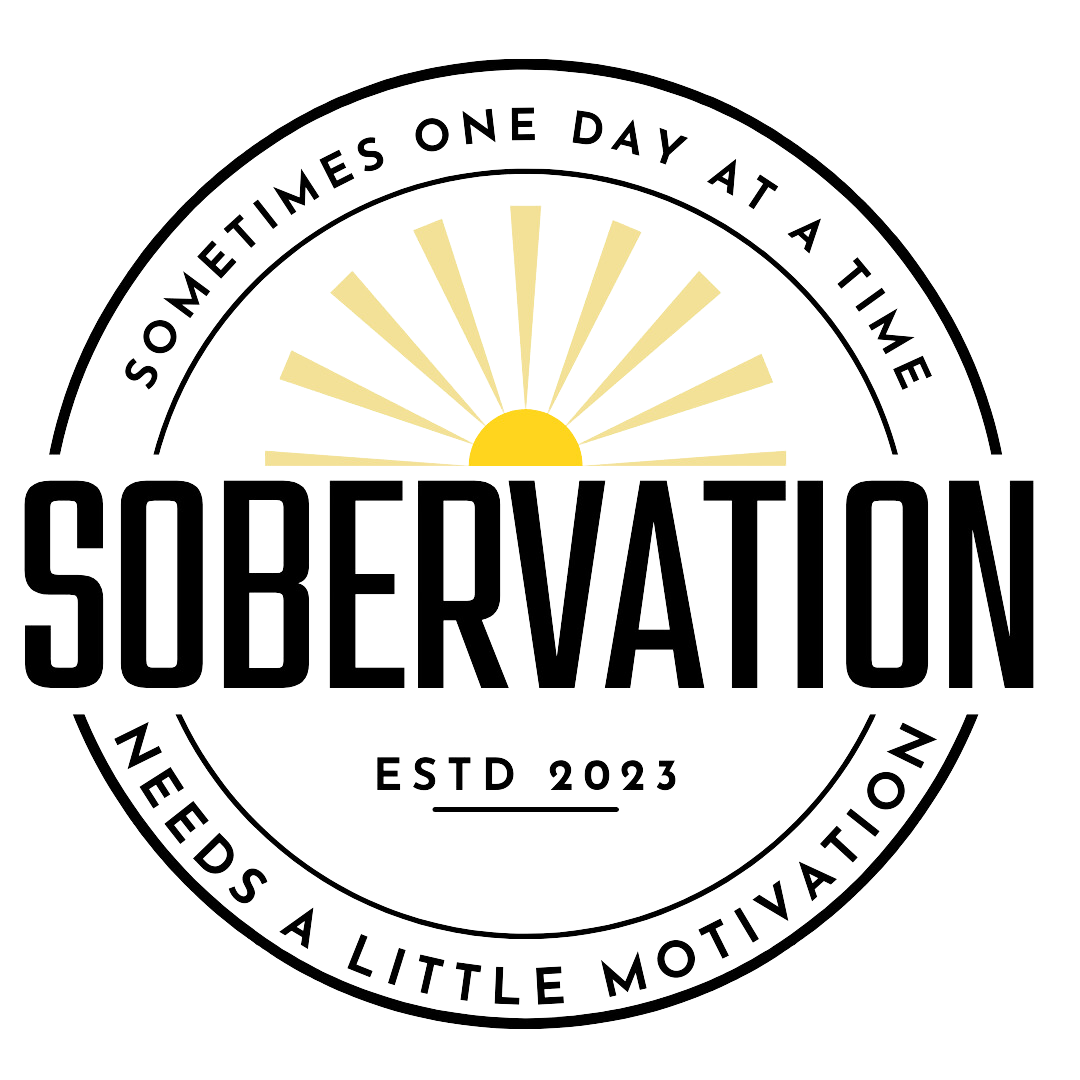The journey of sobriety is not just about abstaining from alcohol, but also about taking the time to reflect on our past actions and the patterns that led us astray. In our latest podcast episode, we dive into the critical concept of taking inventory of our lives. This episode, inspired by an amusing yet poignant story about teaching a four-year-old to cheers, becomes an insightful exploration of our past behaviors and their impact on our lives and relationships. The importance of acknowledging our mistakes cannot be overstated.
As we reminisce about those early pandemic days spent drinking during lockdown, it becomes clear that many individuals find themselves at a crossroads when forced to confront their habits. The story serves not merely as a humorous anecdote but as a catalyst for profound reflection. We share the sentiment that when we have been drinking, we often overlook the implications of our actions. The joy and laughter created in isolation greatly overshadowed the risky behaviors we engaged in, such as unintentionally introducing a child to drinking culture.
Taking inventory requires an honest assessment of what we have done and understanding the gravity of our choices. It’s crucial that we ask ourselves tough questions, such as: What are the actions I am not proud of? Who have I unintentionally hurt? By daring to explore these queries, we can illuminate patterns of behavior that may have persisted unexamined for years. The goal is not to punish ourselves for mistakes but to learn and grow from them.
In this episode, we outline a simple yet effective process for self-inventory. It begins with self-honesty—with each of us confronting our behaviors without sugar-coating or rationalizing them. We emphasize that one action does not define one's entire character, yet understanding those actions helps peel back layers of unresolved emotions.
The significance of accountability is a strong thread throughout our conversation. The act of taking inventory has less to do with societal expectations and more to do with making personal choices about what needs to change. The listener is encouraged to identify areas for improvement through self-reflection rather than external pressures.
Change also encompasses how we respond to life's stressors. As we gain deeper insight into our triggers, we can choose healthier pathways—a concept we passionately discuss in relation to personal growth and recovery. Effective stress management is about recognizing that sobriety doesn't eliminate challenges; rather, it provides the clarity to see them for what they are and respond appropriately.
It is essential to understand that real change takes time. Like working out or developing any new habit, we must allow ourselves the grace of gradual improvement. Just as one can't expect instant results from physical exercise, personal growth necessitates consistent effort and a commitment to change.
In conclusion, we invite our listeners to reflect on their own lives as we encourage them to ask: What do I need to change? What patterns do I wish to break? By empowering listeners to confront their past, we hope to foster an environment of trust and authenticity. Those willing to look deep within themselves are already on the path toward meaningful change and growth, regardless of their current situation. An open heart and honest reflection are key to recovery and healing, guiding us to a brighter, more accountable future.














